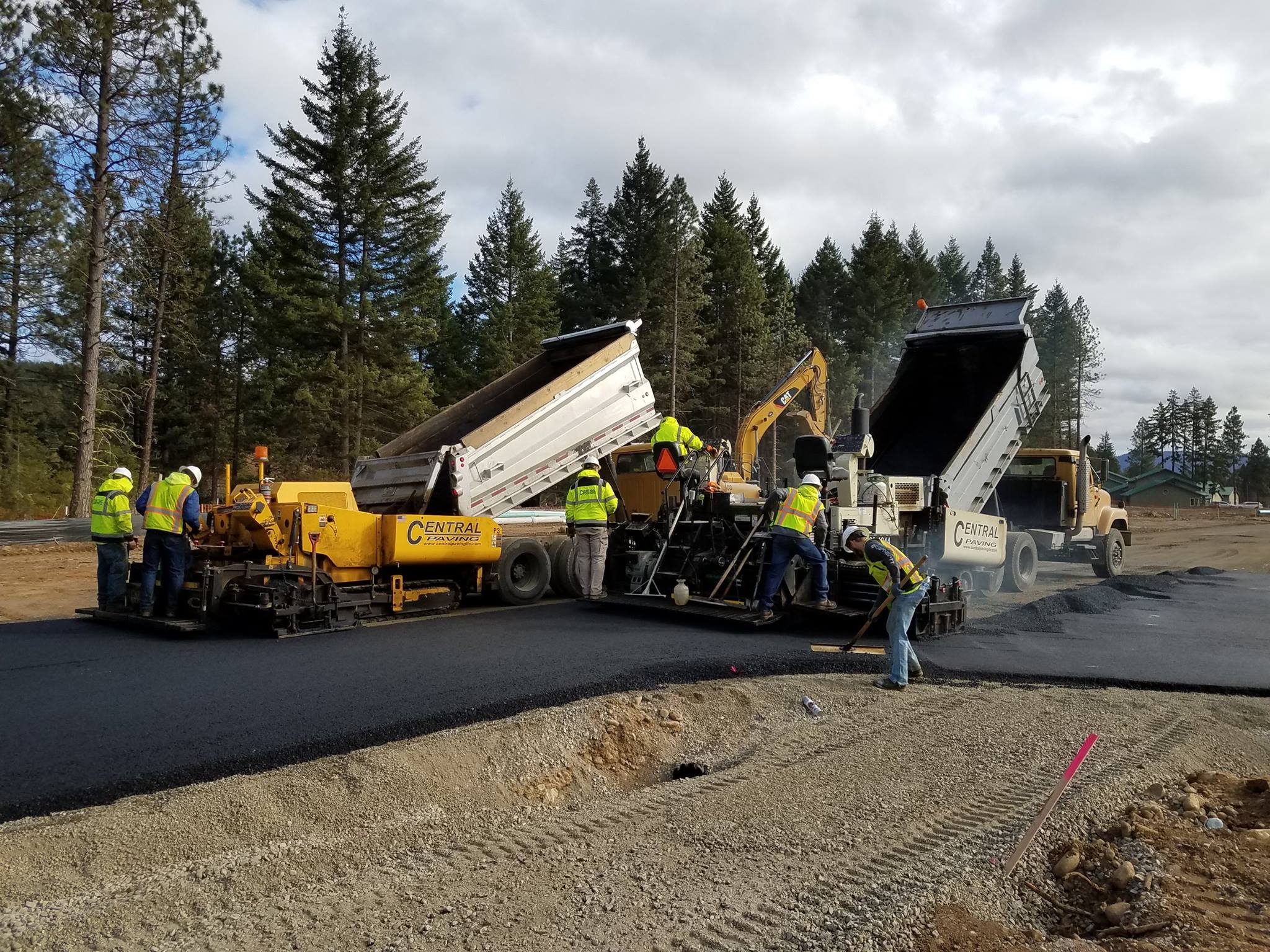Asphalt paving projects are significant undertakings that require careful planning, execution, and attention to detail. Whether you’re paving a driveway, parking lot, or roadway, avoiding common mistakes is essential to ensure the longevity and performance of the asphalt surface. In this article, we’ll discuss ten common mistakes that contractors and paving crews should avoid to achieve successful asphalt paving projects.
Contents
Lack of Proper Planning in Asphalt Paving Projects
One of the most common mistakes in asphalt paving projects is inadequate planning. Rushing into a project without considering factors such as site preparation, weather conditions, and material requirements can lead to costly errors down the line. Proper planning involves conducting a thorough site inspection, assessing drainage needs, and estimating material quantities accurately.
Poor Drainage Design
Inadequate drainage is a recipe for asphalt pavement failure. Without proper drainage, water can accumulate on the surface, leading to potholes, cracks, and premature deterioration. Contractors must design the pavement with appropriate slopes and drainage systems to ensure effective water runoff and prevent water-related damage.

Insufficient Base Preparation
The success of an asphalt pavement relies heavily on the quality of its base. Failing to adequately prepare the base by removing debris, compacting the soil, and applying a suitable aggregate base can result in uneven settlement and structural failures. Investing time and effort in proper base preparation is crucial for the long-term durability of the pavement.
Improper Asphalt Mix Selection
Selecting the right asphalt mix for the specific project requirements is essential for achieving the desired performance and longevity. Using an inappropriate mix design for the traffic volume, climate conditions, and intended use can lead to premature wear and tear. Contractors should work closely with material suppliers to choose the most suitable asphalt mix for each project.
Inadequate Compaction
Proper compaction is critical to achieving the desired density and strength of the asphalt pavement. Insufficient compaction can result in air voids, which weaken the pavement and make it susceptible to rutting and cracking. Contractors should use appropriate compaction equipment and techniques to achieve the specified density throughout the pavement layers.
Overworking the Mix
Overworking the asphalt mix during paving operations can lead to segregation and aggregate degradation. Excessive manipulation of the mix with compaction equipment or excessive traffic before the pavement has fully cooled can compromise its integrity and performance. Contractors should follow recommended paving practices to minimize overworking and ensure a smooth, uniform surface.
Ignoring Temperature Requirements
Asphalt paving should be conducted within the appropriate temperature range to ensure proper workability and compaction. Paving in extreme heat or cold can affect the quality of the asphalt mix and lead to premature failure. Contractors should monitor ambient temperatures and adjust paving schedules accordingly to optimize paving conditions.
Neglecting Quality Control
Failure to implement a comprehensive quality control program can result in substandard workmanship and pavement performance. Regular testing of materials, compaction levels, and pavement thickness is essential to identify potential issues early and make necessary adjustments. Contractors should prioritize quality control measures throughout the paving process to deliver a durable and long-lasting pavement.
Skipping Proper Maintenance
Proper maintenance is essential for preserving the integrity and appearance of asphalt pavements. Neglecting routine maintenance tasks such as crack sealing, sealcoating, and pavement repairs can accelerate deterioration and shorten the pavement’s lifespan. Property owners should establish a regular maintenance schedule and address any issues promptly to extend the life of their asphalt pavement.
Lack of Communication
Effective communication between project stakeholders is crucial for the success of asphalt paving projects. Poor communication can lead to misunderstandings, delays, and costly rework. Contractors should maintain open lines of communication with clients, subcontractors, and other parties involved in the project to ensure that everyone is aligned on expectations and timelines.
Conclusion
Avoiding these common mistakes is essential for achieving successful asphalt paving projects. By prioritizing proper planning, drainage design, base preparation, material selection, compaction, temperature control, quality control, maintenance, and communication, contractors can deliver high-quality pavements that meet the needs and expectations of their clients. By learning from past mistakes and adhering to best practices, paving professionals can ensure the long-term durability and performance of asphalt pavements.



